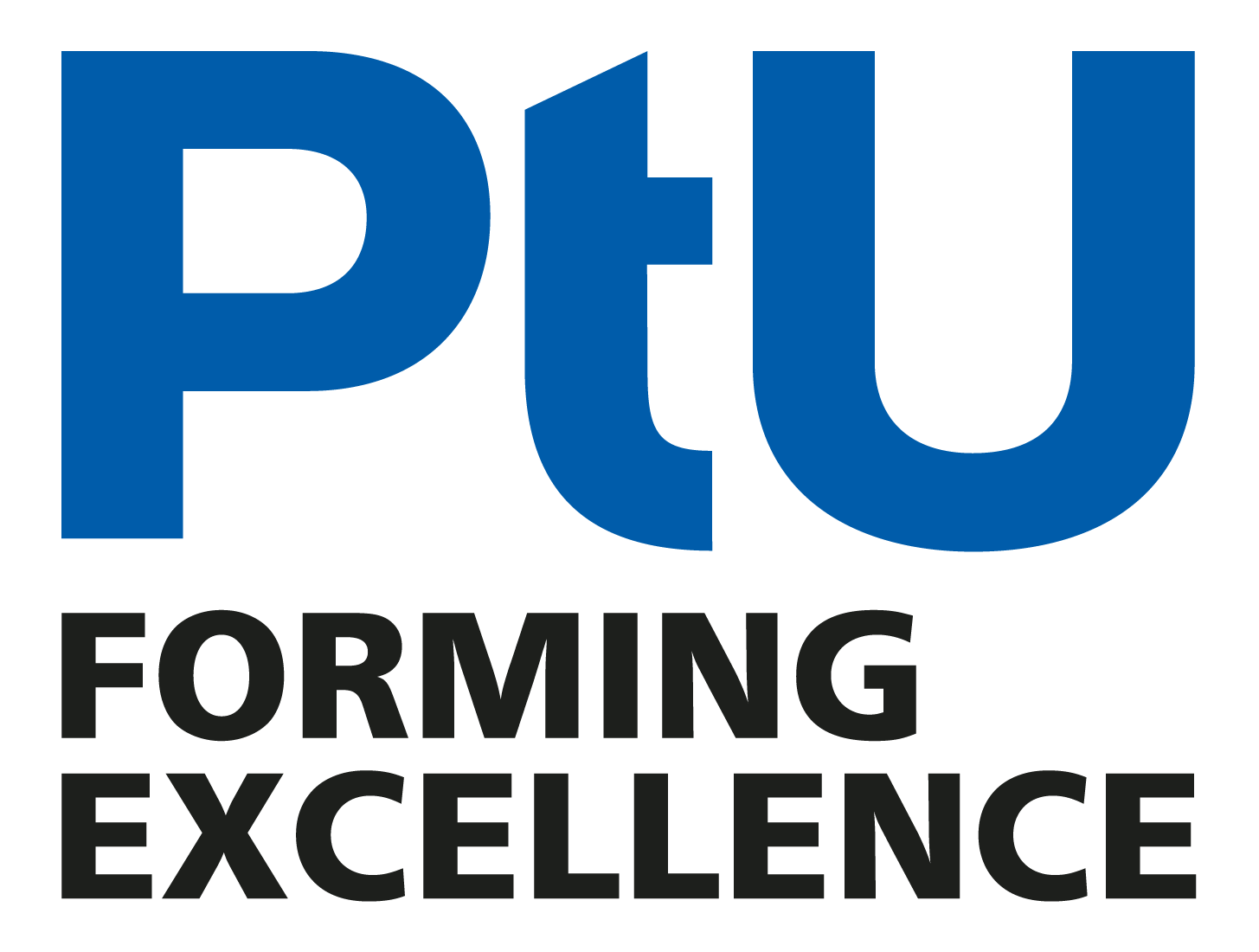Materials and components for medical technology and mobility
In the context of e-mobility, the topic of lightweight construction continues to gain importance. In order to meet this trend, both the materials and components used and the manufacturing processes employed must be further developed and new approaches to solutions have to be created. One innovative technology for mastering these challenges is the stringer sheet forming developed at PtU. In a novel process chain, a flat sheet is provided with stiffening stringers using laser welding and then formed into the desired geometry, which offers enormous potential for increasing stiffness in car body construction. Current research projects are working on the utilisation of the stringer sheet construction method for the adaptation of product properties analogous to tailored blanks. The flexibility in the design of process and product is to be used to tailor product parameters such as crash or vibration behaviour.
In order to exploit lightweight construction potentials resulting from the use of materials with optimised mechanical, thermal and chemical properties, suitable joining technologies are indispensable that allow materials with different properties to be joined without the performance of the overall structure being affected by the joint. Collision welding processes can be used for this purpose, with which high-strength material-fit joints of different metal alloys can be created. Current research is focused on the robust design of processes and joints in order to pave the way for a broader industrial application, e.g. in automotive support structures.
Powerful permanent magnets are an important factor in efforts for the containment of climate change. These are needed to increase the energy efficiency of electric drives and at the same time minimise the use of rare earths despite the advancement of electrification. At PtU, research is currently being carried out on processes that make it possible to produce materials with outstanding permanent magnetic properties using forming technology. Strong plastic deformations with high shear rates can be used to produce an ultra-fine-grained structure in suitable alloy compositions, which is suitable for producing permanent magnets with reduced use of rare earths.
A comparable approach to the generation of nanostructured microstructures is also being pursued in the production of ultrafine-grained titanium alloys. These not only have outstanding properties in terms of their mechanical behaviour, but also allow use in medical technology due to their simultaneously improved biological properties. Specifically, it is possible to provide materials for implants and osteosynthesis products through the use of novel process routes that, compared to previously used materials, result in improved bone cell growth or a reduction in bacterial colonisation, for example.



